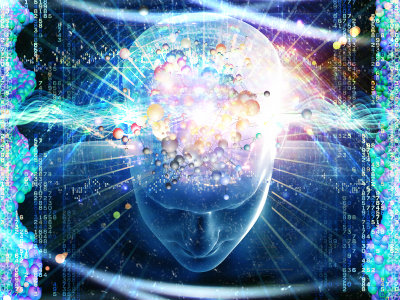
Think of wise, kind, courageous people in your life. Perhaps they include a family member. Perhaps great spiritual leaders like Jesus or the Buddha. Perhaps other great leaders like Gandhi, Martin Luther King, or Nelson Mandela. Write down the 6 most inspiring people to you.
What do all these people have in common? First they represent your Higher Self, which is your own capacity for manifesting wisdom and compassion in your life. Second, they are “Spiritually Intelligent.”
What is spiritual intelligence? Just has we have physical, cognitive, and emotional intelligence, we also have spiritual intelligence. Cindy Wigglesworth has defined and explored this concept in her book, “SQ21. The Twenty-One Skills of Spiritual Intelligence.” You can learn more about her groundbreaking work at www.deepchange.com, buy her book, and even take the online SQ21 assessment to determine your own spiritual intelligence.
Cindy defines spiritual intelligence as “the ability to act with wisdom and compassion, with internal and external peace, under all circumstances.” Wisdom combined with compassion equals love. To act with love, with peace in our hearts, while generating peace around us, even in difficult times, is to be “spiritually intelligent.” If you think about the great people that you admire, you will see that they embody this intelligence.
Spiritual intelligence is related to, but distinct from, spirituality. Spirituality refers to the quality of our connection to something greater than ourselves. Spiritual intelligence refers to how skillfully we manifest a harmonious relationship with internal and external Reality. While the experience of spirituality is beyond words, spiritual intelligence defines measurable aspects of the quality of our spirituality in being and action.
Cindy has identified four domains of spiritual intelligence. I characterize them as self (internal) vs. others (external) and being (awareness), vs. action:
Self/self awareness
• Awareness of our Worldview
• Awareness of Life Purpose
• Awareness of Values Hierarchy
• Complexity of Inner Thought
• Awareness of Ego self/Higher Self
Universal awareness
• Awareness of interconnectedness of Life
• Awareness of Worldviews of Others
• Breadth of Time Perception
• Awareness of Limitations/Power of human Perception
• Awareness of Spiritual Laws
• Experience of Transcendent Oneness
Self/self mastery
• Commitment to Spiritual Growth
• Keeping Higher Self in Charge
• Living your Purpose and Values
• Sustaining Faith
• Seeking Guidance from Higher Self
Social mastery/spiritual presence
• Being a Wise and Effective Teacher/Mentor of Spiritual Principles
• Being a Wise and Effective Leader/Change Agent
• Making Compassionate and Wise Decisions
• Being a Calming, Healing Presence
• Being Aligned with the Ebb and Flow of Life
The power of this paradigm is that it allows us to measure and then cultivate our spiritual intelligence so as to bring more compassion, wisdom, and peace into our lives and the lives of those we touch.
Since healing and recovery are a biopsychosocialspiritual process, cultivating our spiritual intelligence is an important aspect of this process.
I recommend reading Cindy’s book and learning more about your own “SQ.” SQ is an innate capacity we all have that we can develop. Hopefully this approach can help you to target “spiritual skills” that you can cultivate to realize a more joyful, vital, and fulfilling life.
Image from: https://www.blissfulway.com/spiritual-intelligence/
Spread the word! Share this blog with family and friends. www.wellmind.com/blog.
